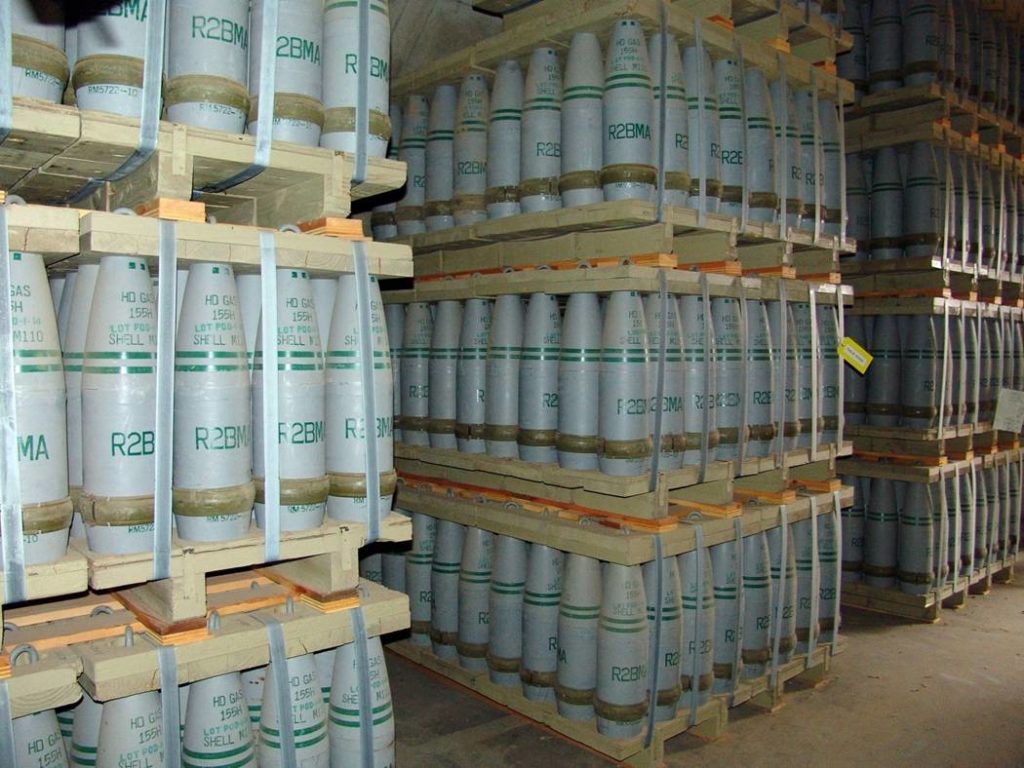UPDATES
What about Syria’s WMD?
April 11, 2012 | Ahron Shapiro

In my review of Israeli policy in regard to Syrian unrest which was published on Tuesday on ABC‘s The Drum.
I noted that “the one issue which might prompt Israel to come off the sidelines” in Syria’s Civil War is the possibility that Syria’s massive “arsenal of of some of the world’s most deadly chemical weapons” might “find their way into the hands of terrorist groups.” I also noted that this was not simply a problem for Israel, but a danger to the whole free world.
For those interested in more on this significant danger, I call your attention to a survey of Syria’s WMD threat, by James P. Farwell published late last week in The National Interest.
Farwell, a senior research scholar in Strategic Studies at the Toronto-based Canada Centre for Global Security Studies (Canada Centre) looks at Syria’s chemical and biological stockpiles writes:
“The nonpartisan Nuclear Threat Initiative assesses that Syria has one of the most sophisticated chemical-warfare capabilities in the world. It has mustard gas and sarin, possibly the VX nerve agent and Scud-B and Scud-D ballistic missiles capable of being fitted with chemical warheads. Some estimate it holds between one hundred and two hundred Scud missiles already loaded with a sarin agent and has several hundred tons of sarin agent and mustard gas stockpiled that could be used for aircraft bombs or artillery shells. It is one of only eight nations that is not a member of the Chemical Weapons Convention outlawing the production, possession and use of chemical weapons. Its agents are weaponized and can be delivered.”
Moreover, this arsenal represents a double edged sword, says Farwell. Assad could use his WMDs against his own people to defend his rule. Or, if he falls, then the weapons could fall into the hands of radical terror groups.
The worst may lie ahead. Will Assad employ his weapons of mass destruction to quell dissent? And what will happen to his WMD arsenal should – President Obama now says “when” – Assad’s regime collapses?
Farwell says that the risks are so great that the US and its Western allies may be forced to act militarily, even on a limited basis, in order to make sure that the WMDs are secured or destroyed.
President Obama has said the United States won’t commit troops to a military intervention. But there are other options. Allied partners could mount coordinated special operations to secure or destroy Assad’s arsenal. That may not be easy, but it can be done. And should the Syrian regime collapse, it will be essential.
A printable version of Farwell’s concise piece may be found here.
Ahron Shapiro
Tags: Syria





